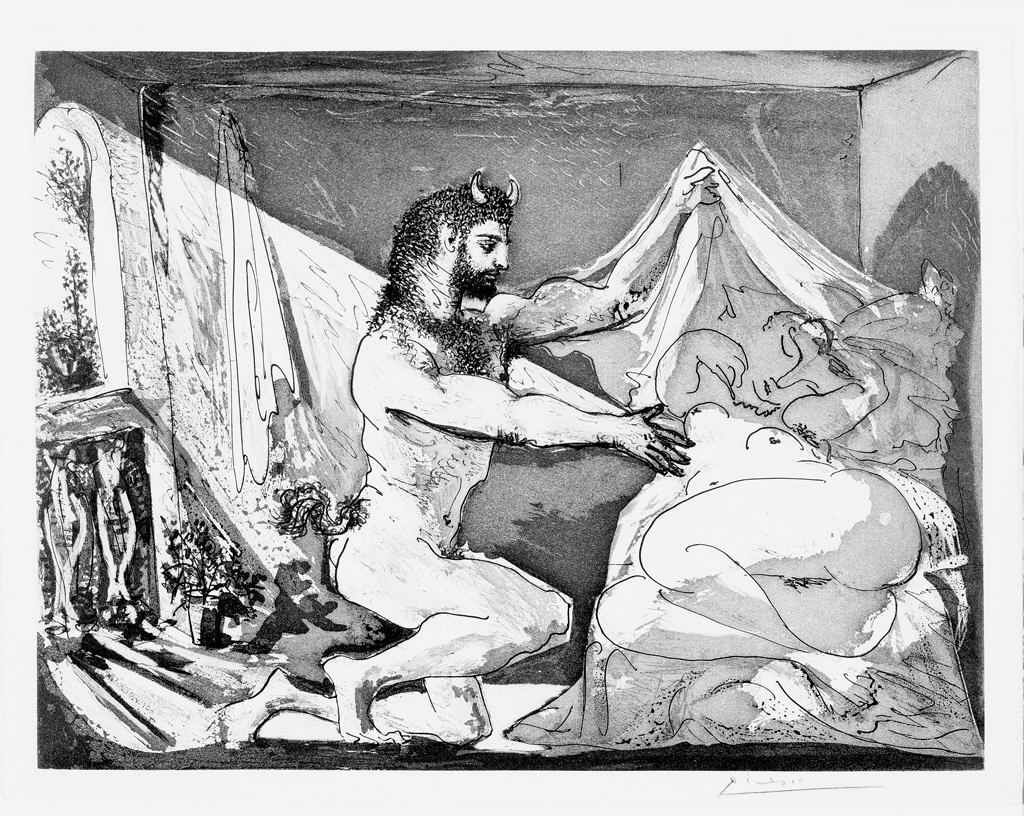Last night, at about eleven, I was thinking of writing a blog about what a great day I had had.
As usual, I practiced flute for an hour or more in the morning. Beginning my day that way is a form of meditation for me. I spend about half an hour with warm-up exercises - long tones, vibrato, scales, overtones - and then I play music. Recently I've been working on
Telemann's canonic sonatas for two flutes. They're not terrifically difficult, but they're interesting. I read through a couple of them every morning, going over the hard parts, and enjoying the music.
Then I spent three hours in
Aviv Malcom's pottery studio. I was a bit frustrated, because at first I wasn't managing to do what I intended to do, but I still enjoyed it, and in the end I did manage to produce a couple of the wide, shallow bowls I was trying to make.
Even when I fail to do what I set out to do, pottery is rewarding. It's another form of meditation, though I only do it once a week. It keeps me away from words, from pointless thoughts, and negative emotions. I focus on the physical task, the feel of the clay, the motion of the wheel. I also enjoy the company of the others at the lesson, usually women young enough to be my daughters or granddaughters.
Starting the week with a few hours using my hands to make something solid and real is a great anchor in reality.
In the afternoon I managed to finish revising a long and interesting chapter in a translation I've been working on, a biographical study of the great scholar of Kabbalism, Gershom
Scholem. The author, an Israeli scholar named Noam Zadoff, who teaches at the University of Indiana, is learned and intelligent, and the issues he raises about Scholem's ambivalent attitudes toward European culture are of interest to me.
Scholem was definitely a gigantic intellect, someone who managed to move a highly specialized field of scholarship into the realm of general interest. He was also a very complex individual, as Zadoff shows perceptively. I hope his book is widely read when we finally finish with it.
Then in the evening I played saxophone trios with two of my friends, and I found myself playing to my own satisfaction. In the past year, I've been playing better, because I've been playing with better musicians, and I'm taking myself more seriously as a musician.
Then I came home, and my wife and I watched an episode of
Shtissel, a fine Israeli TV series about the Haredi community in Jerusalem. So, at about eleven, after all those satisfying activities, before going to sleep - I was kind of wound up and not ready for bed - I was planning to review my day and express gratitude that I have been blessed to be able to engage in them.
Just then, my wife came into my study and told me that she had to go to the emergency room because of an alarming condition that had arisen.
So, I got dressed again, and we set out for Sha'arei Tsedeq Hospital.
Both of us were nervous and frightened.
Of course there was virtually no traffic at 11:30 at night, and there were plenty of places in the hospital parking lot.
We spent the next 3 hours mainly waiting. Since my wife's condition wasn't a life-threatening emergency, just something that needed prompt attention, we had to wait a long time before she was admitted.
I don't recommend spending time in an emergency room as recreation. You see a lot of very sick and frightened people. Every now and then an ambulance arrives and a gurney is rushed in with someone groaning on it.
The staff was calm and orderly, although many of the patients were demanding.
Exhaustion and boredom set it, and I fell asleep for a while while we were waiting. I had brought a book to read, but of course I was too tired and nervous to openit.
We expected that my wife would be admitted to the hospital, which would mean that she would spend the night on a bed in the already crowded corridors of the emergency room, and we wouldn't know about her condition until sometime the following day. Fortunately, at about 2:30 am, the doctor who examined her, a very tired man, determined that, in fact, there was no need for hospitalization, the symptom that had concerned us was less severe than we thought, and we could go home.
My major fear, as we drove back through the deserted streets, was that I'd fall asleep at the wheel and crash the car - but I forced myself to remain alert, and we got home safely.
We collapsed into bed at 3 in the morning.
Not such a perfect day after all.


